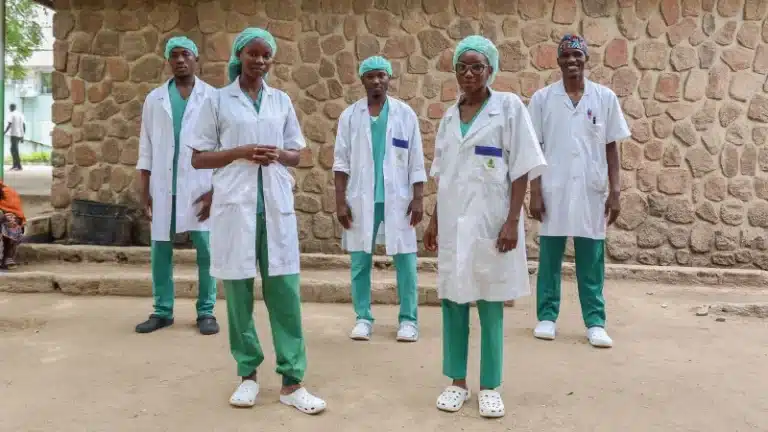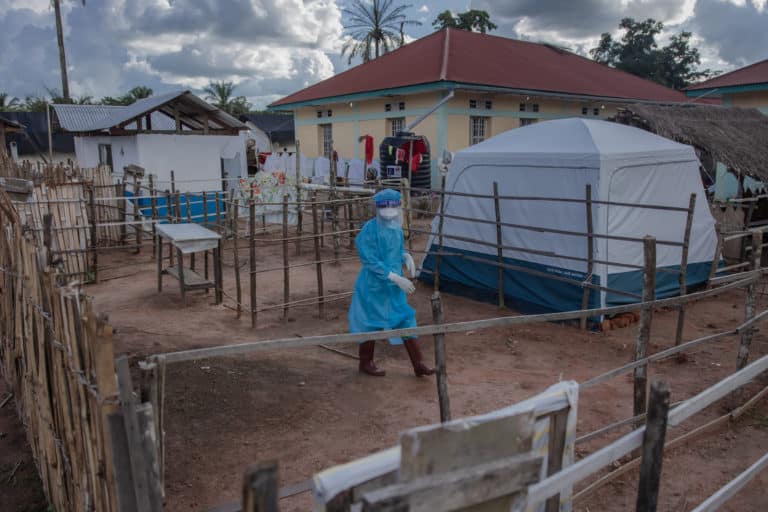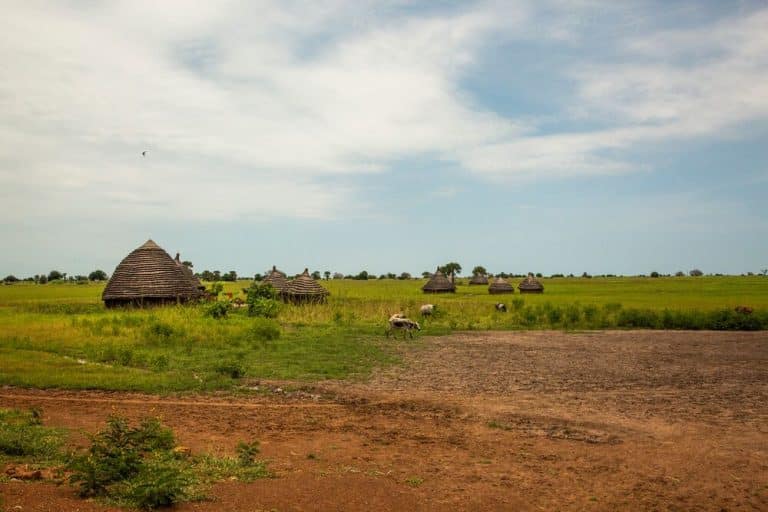An unprecedented crisis
The UN describes Sudan as the world’s worst humanitarian crisis, with tens of thousands killed, millions displaced, and humanitarian access severely restricted. In El-Fasher, nearly one million people are reportedly deprived of healthcare, food, and drinking water, while over 70% of hospitals are out of service.
A cholera outbreak spreading at alarming speed
Beyond the violence, the country is facing an unprecedented cholera outbreak. “Everyone is affected, adults and children alike, and the spread in IDP sites is shockingly fast,” says Dr. Alitanou.
The dramatic living conditions in these sites only fuel the epidemic: “People are hungry and thirsty, with less than three liters of water per day, insufficient latrines, and open defecation now widespread. With the rainy season intensifying, all the conditions are set for the epidemic to persist.”
According to UNICEF, over 640,000 children are directly at risk. Already more than 1,000 deaths have been recorded since the beginning of the epidemic this year, and more than 12 Sudanese states are concerned.
Hospitals damaged by conflict
Medical facilities are among the hardest hit. “We are facing a crisis where the population, unfortunately, has become targets, as have humanitarian workers,” warns Dr. Alitanou.
ALIMA has been forced to relocate several structures to El-Fasher after repeated attacks. “If nothing is done, cholera could now threaten more lives than weapons in North Darfur,” he stresses.
A call to the international community
Despite a lack of funding and blocked supply routes, ALIMA continues its treatment and prevention efforts. “We can’t give up. Without humanitarian aid, it is the people who will pay the price.”
👉 Listen to the full interview on RFI (in French)
👉 Read our video report on ALIMA’s work in Tawila
Cover Photo : AFP





